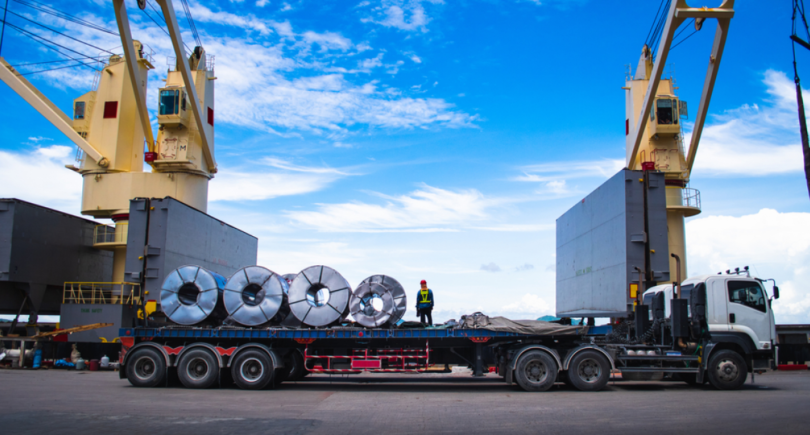
News Global Market Brazil 1224 17 December 2024
The sector is not ready to take on unfulfilled climate obligations
Brazil’s ambitious emission reduction targets announced at the COP29 conference have left the country’s steel companies in a stupor. The industry refuses to accept unattainable targets and is asking for the introduction of a CBAM analog, Bloomberg reports.
“Baku has left us petrified. We had difficult meetings with the government. The sector will not make commitments that are not feasible,” said Marco Polo de Mello Lopes, executive president of the industry association Aco Brasil.
Brazil will host the UN Climate Conference next year. The country has announced a new goal to reduce emissions by 67% from 2005 levels by 2035. Recently, the president signed a bill creating a Brazilian carbon market that will allow fines to be imposed on carbon-intensive companies.
Aco Brasil estimates that the country’s steel sector will need BRL180 billion ($29.3 billion) in capital expenditures to reach zero emissions by 2050. The industry is concerned that consumers are not willing to pay more for steel with a lower carbon footprint. Maria Cristina Yuan, head of the association’s institutional relations department, notes that the consequences could be catastrophic for Brazilian steelmakers, who face growing “predatory imports,” especially from China.
The steelmakers are asking the Brazilian government to introduce a cross-border carbon adjustment mechanism, similar to the European CBAM, to protect the local industry in the context of the carbon market. According to Maria Cristina Yuan, it makes sense to at least prevent the import of steel products with a higher carbon footprint.
The steel sector accounts for about 4% of Brazil’s greenhouse gas emissions, which is below the global average of 7%.
The BASIC countries (Brazil, South Africa, India, and China) insisted on discussing a European mechanism for cross-border carbon adjustment during COP29. The dispute highlighted the tensions between countries with different climate programs and limited time to agree on key issues.




